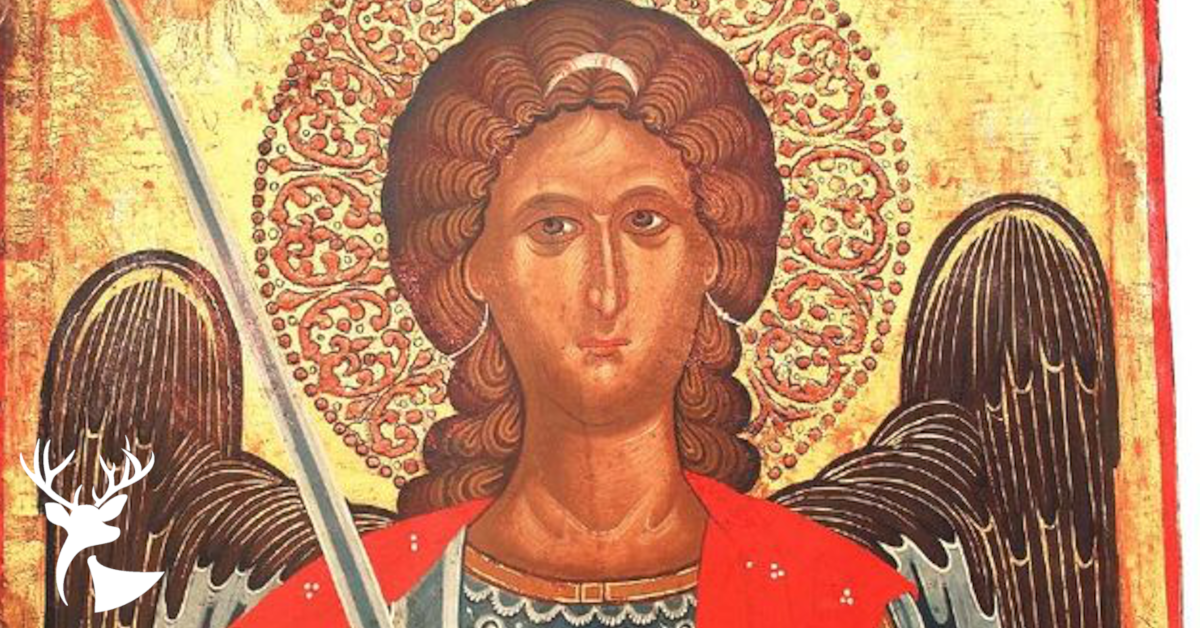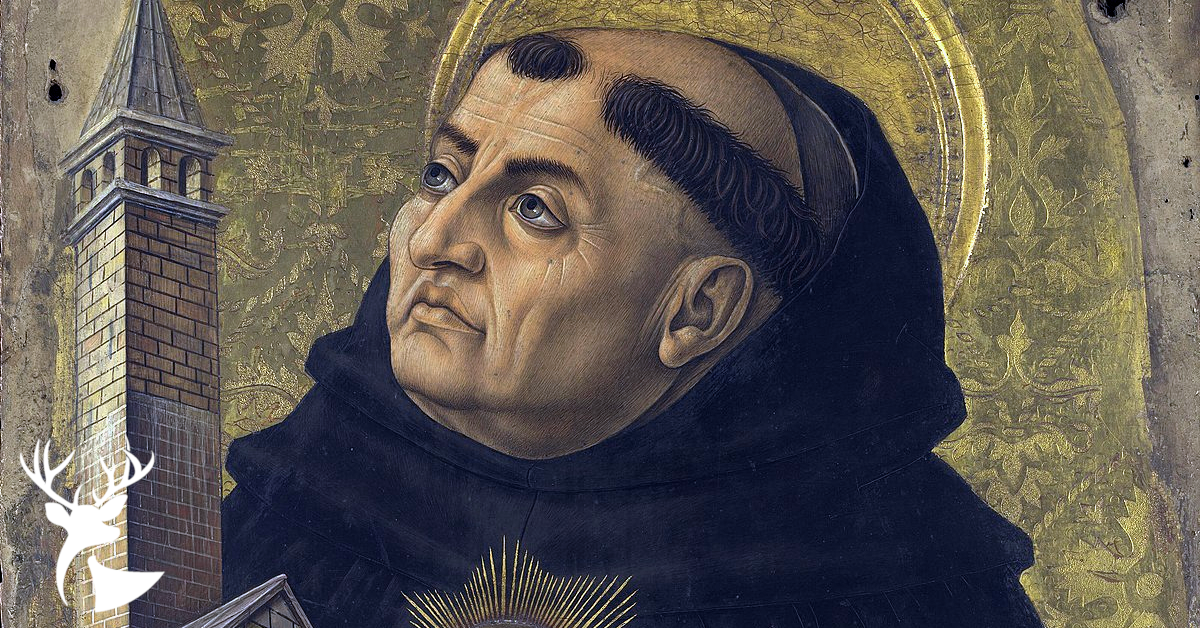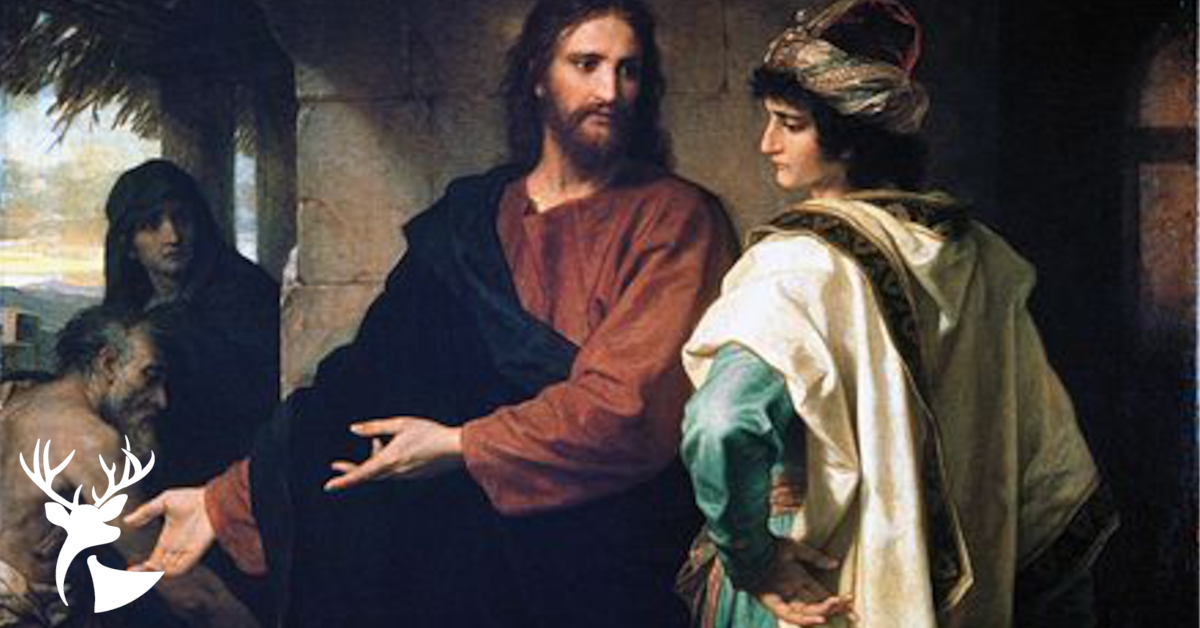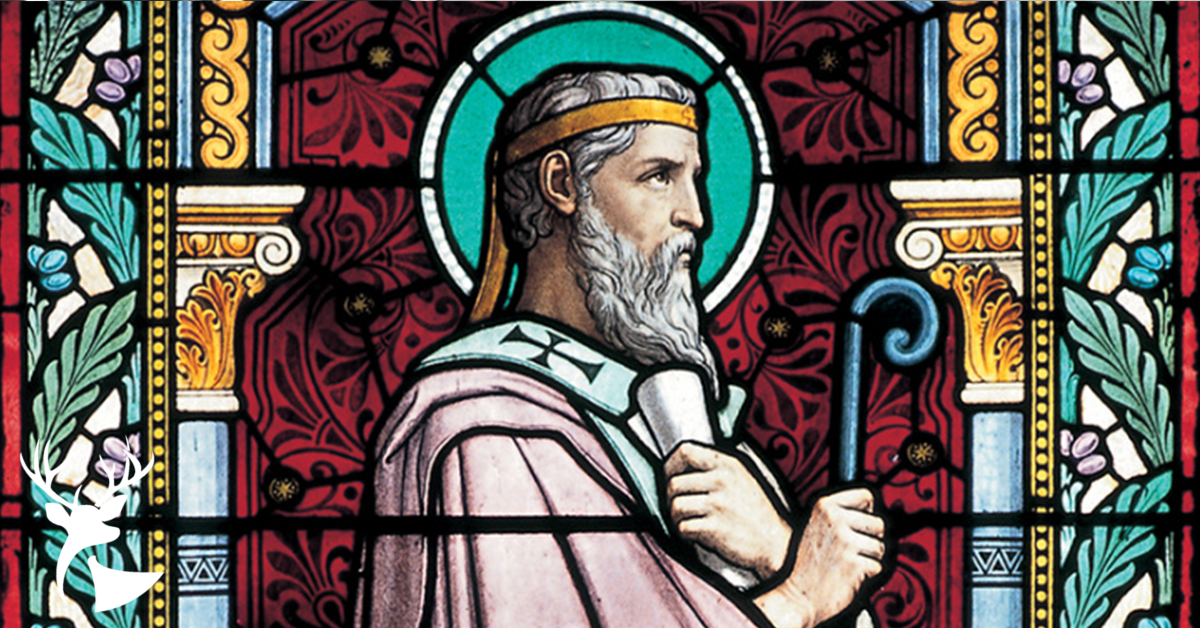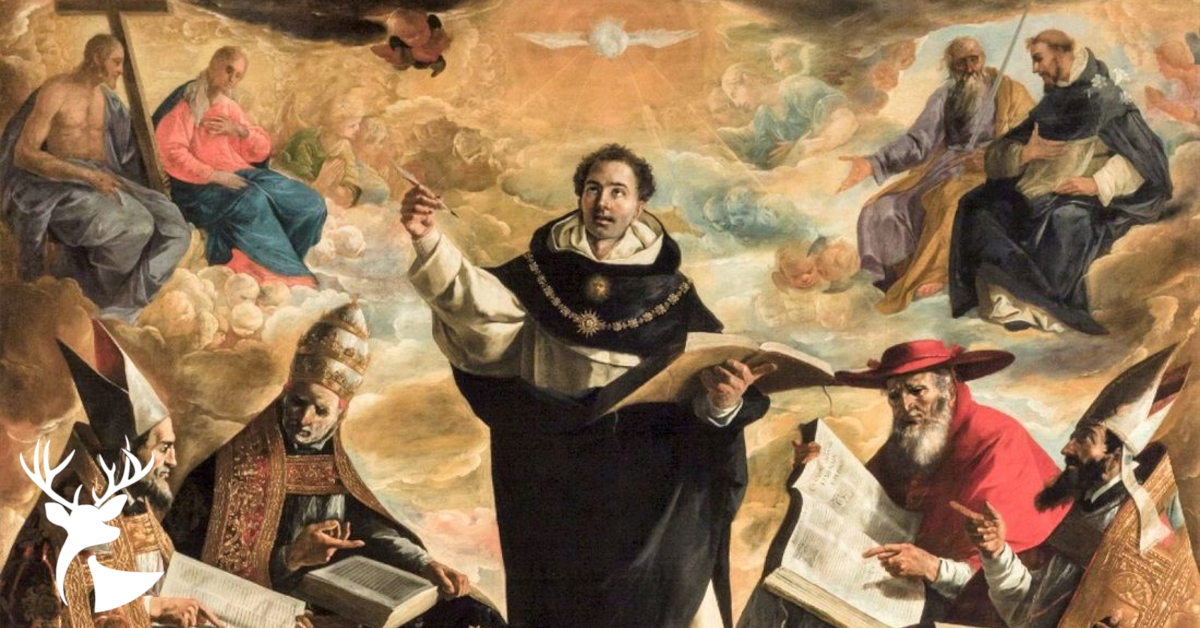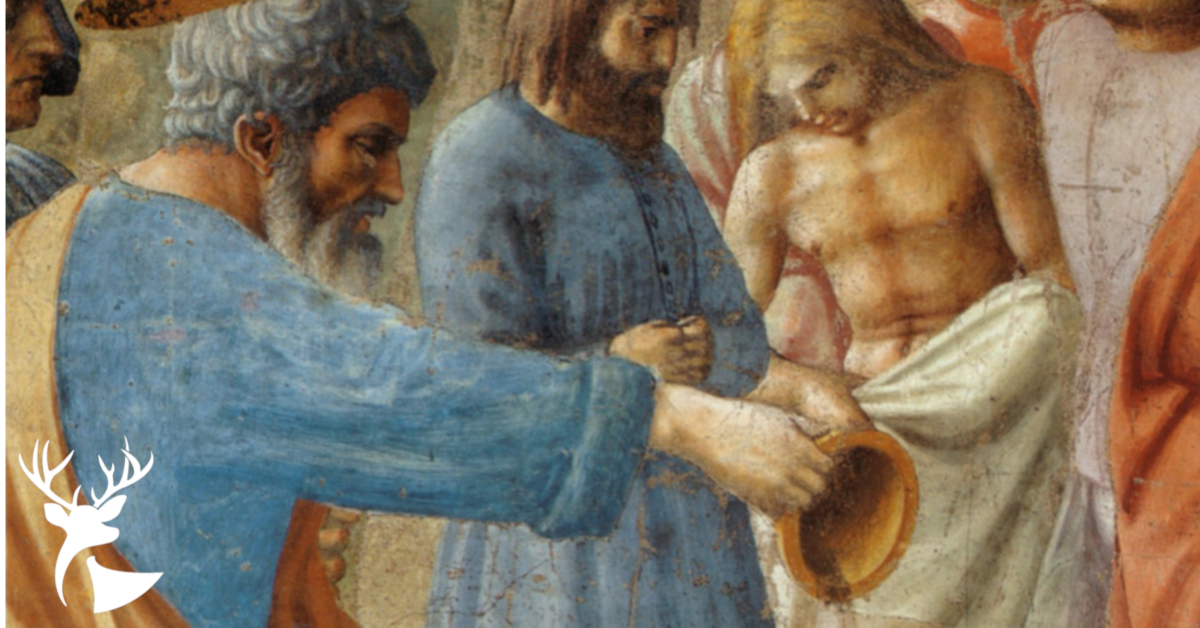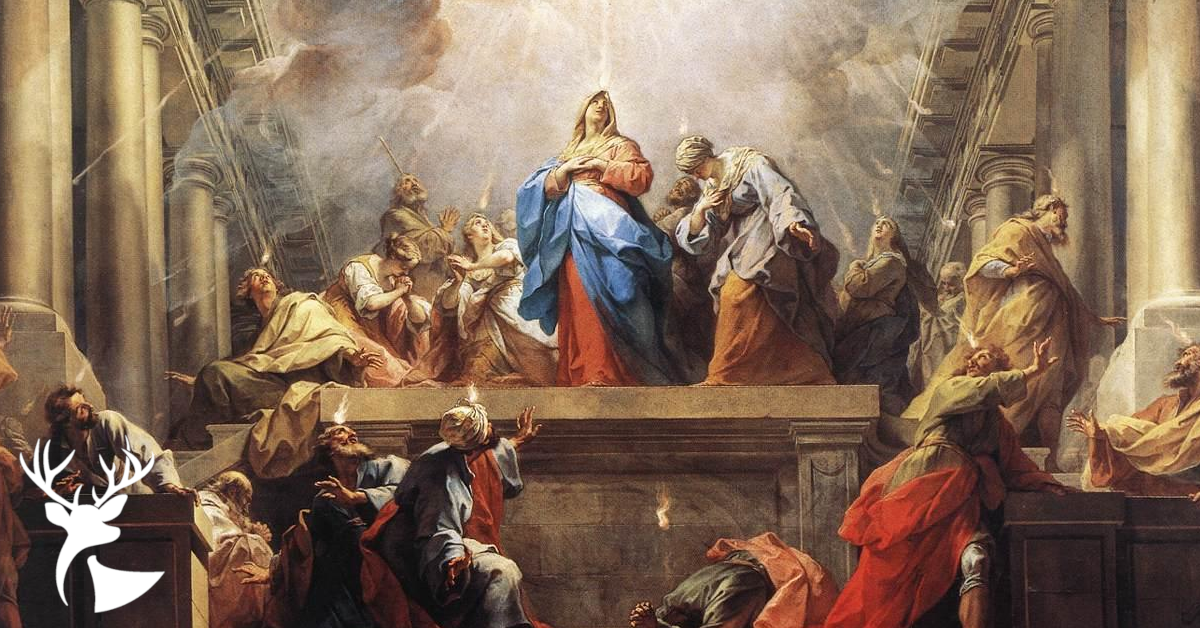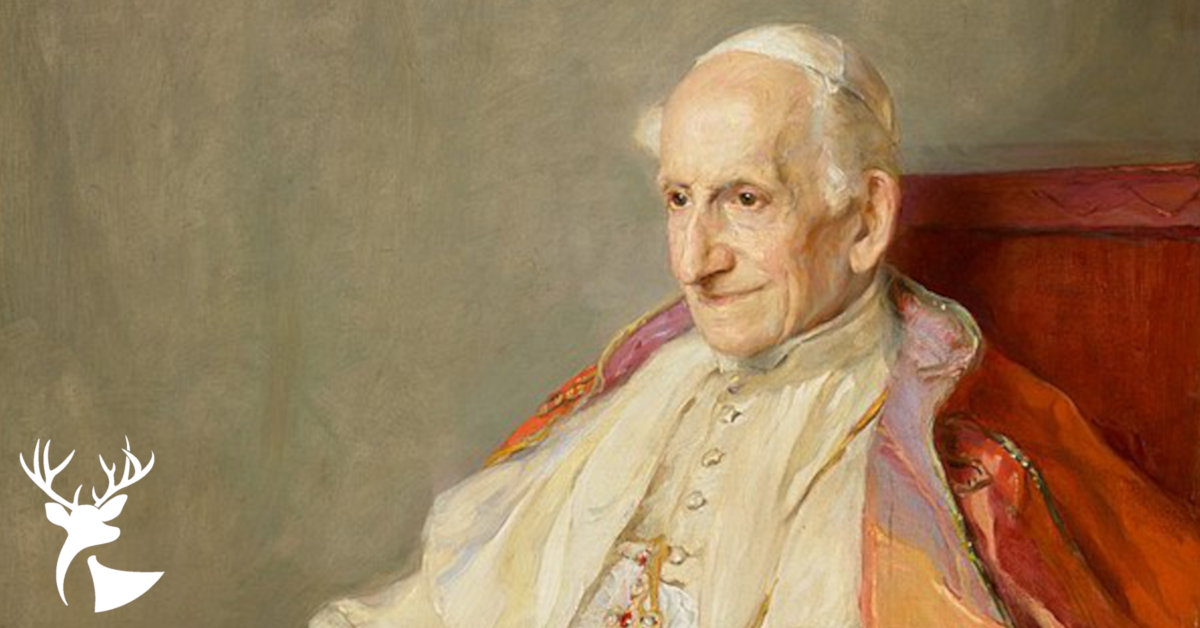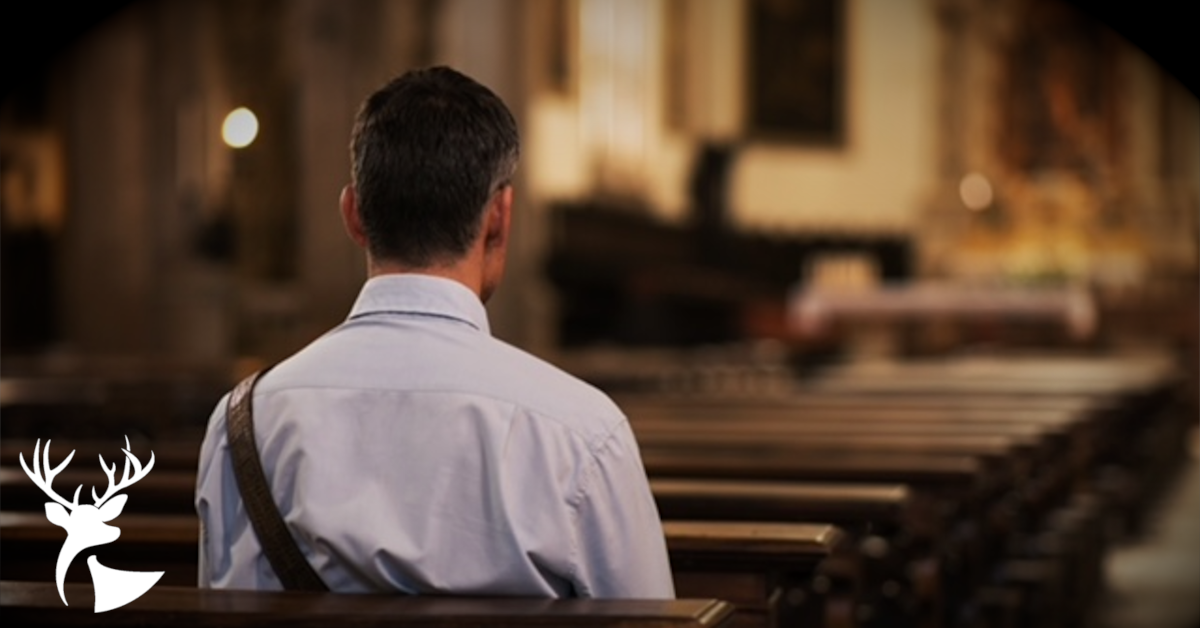
Baptism of Desire and Sacramental Character
By Karlo Broussard | January 18, 2023
“[A] man can obtain salvation without being actually baptized, on account of his desire for Baptism, which desire is the outcome of faith that worketh by charity, whereby God, Whose power is not tied to visible sacraments, sanctifies man inwardly.”
—St. Thomas Aquinas, Summa Theologiae III, q. 68, a. 2, resp.
← Return to Musings
Baptism of Desire and Sacramental Character
By Karlo Broussard | January 18, 2023
“[A] man can obtain salvation without being actually baptized, on account of his desire for Baptism, which desire is the outcome of faith that worketh by charity, whereby God, Whose power is not tied to visible sacraments, sanctifies man inwardly.”
—St. Thomas Aquinas, Summa Theologiae III, q. 68, a. 2, resp.
The Church has traditionally taught that the desire for baptism, whether explicit or implicit, saves.[1] Yet, someone may ask, “If that person doesn’t receive the sacrament of baptism, is that person ‘fully Catholic’”?
If by “fully Catholic” one means “getting to heaven,” then the answer is yes. However, if by “fully Catholic” one means receiving the character/seal of baptism, then the answer is no. The Catechism teaches that the desire for Baptism “brings about the fruits of Baptism,” but “without being a sacrament” (CCC 1258). Since the character is only communicated through the sacrament (CCC 1121), it follows that the desire for Baptism does not communicate the sacramental character or seal.
What’s the significance of this? For this life, it simply means that the person wouldn’t enjoy the “rights within the Church” to participate in aspects of the life of the Church, such as the sacraments (CCC 1269). The character/seal is ordered to making the baptized “share in Christ’s priesthood” and constituting them as “a member of the Church according to different states and functions” (CCC 1121). Or, as Aquinas puts it, it gives a person the right “to do or receive something pertaining to the worship of the priesthood of Christ.”[2]
Concerning the afterlife, this lack of the character might not have any significance at all. The Church only definitively teaches that the seal remains at least until death.[3] Even if the character does remain in heaven, which is the general theological opinion,[4] the only implication would be that the souls that didn’t have it would experience beatitude in a lesser degree than those that did have it. But that’s not a problem because every soul will experience different degrees of beatitude in heaven depending on their state of charity.
Regardless of whether the seal remains, the important thing is that the baptism of desire does indeed save. And in that sense every soul in heaven is “fully Catholic.”
[1] For the Church’s teaching on the explicit desire for Baptism, see The Council of Trent, Canons on the Sacraments in General, Can. 4; Decree on Justification, Chap.4; Catechism of the Catholic Church, par. 1259; Cf. Aquinas, Summa theologiae [ST] III, q. 66, aa. 11-12; q. 68, a. 2. For the Church’s teaching on the implicit desire for Baptism, see Catechism of the Catholic Church, par. 1260.
[2] Aquinas, ST III, q. 63, a. 6, ad 3.
[3] See Ludwig Ott, Fundamentals of Catholic Dogma (St. Louis, MO: B. Herder Book Company, 1957), 335.
[4] See Ibid.
More Reading

Karlo Broussard is a Catholic Apologist, speaker, and writer, known best for his work with Catholic Answers and personal work at karlobroussard.com


